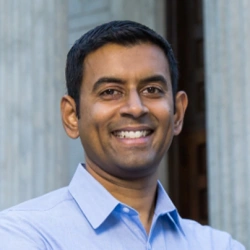
Arvind Narayanan
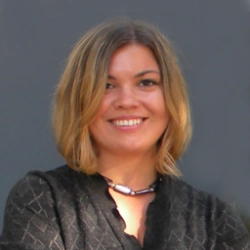
Janet Vertesi
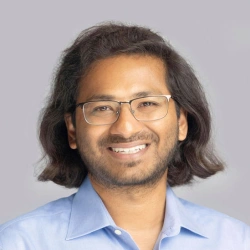
Prateek Mittal
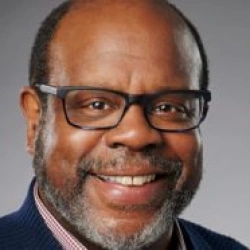
Kevin Deas
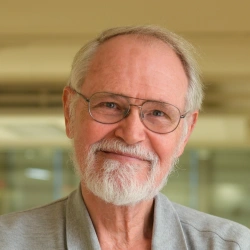






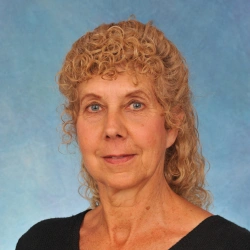
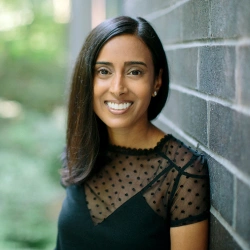
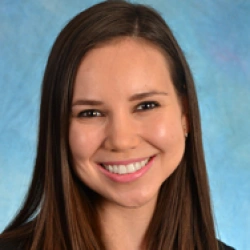
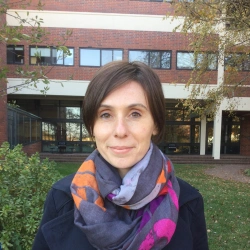
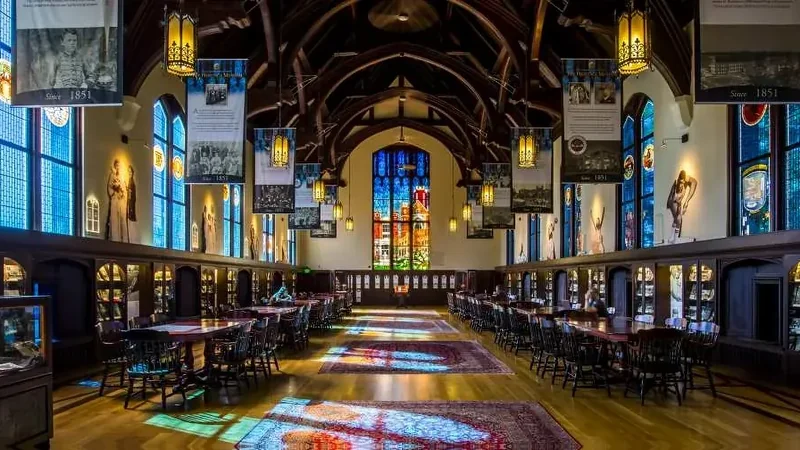
FSU comprises 16 separate colleges and more than 110 centers, facilities, labs, and institutes that offer more than 360 programs of study, including professional school programs. In 2021, the university enrolled 45,493 students from all 50 states and 130 countries. Florida State is home to Florida's only national laboratory, the National High Magnetic Field Laboratory, and is the birthplace of the commercially viable anti-cancer drug Taxol. Florida State University also operates the John & Mable Ringling Museum of Art, the State Art Museum of Florida and one of the nation's largest museum/university complexes. The university is accredited by the Southern Association of Colleges and Schools (SACS).

Located in Tallahassee, Florida, the Florida State University History Department provides a dynamic environment for exploring the past. Offering undergraduate majors and minors, plus graduate programs including MA, PhD, and a Public History MA, the department is led by faculty known for their significant research and dedication to teaching. The curriculum emphasizes developing critical thinking, research, and communication skills, preparing students for a wide array of careers from education and public history to law and business. With diverse faculty expertise covering global regions and thematic areas, and access to unique resources, students gain a deep understanding of history and acquire valuable, transferable skills for future success.
View History